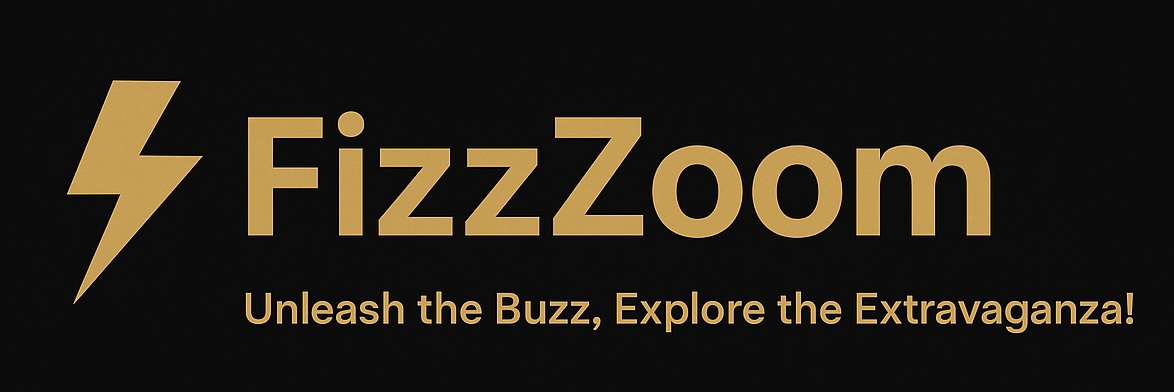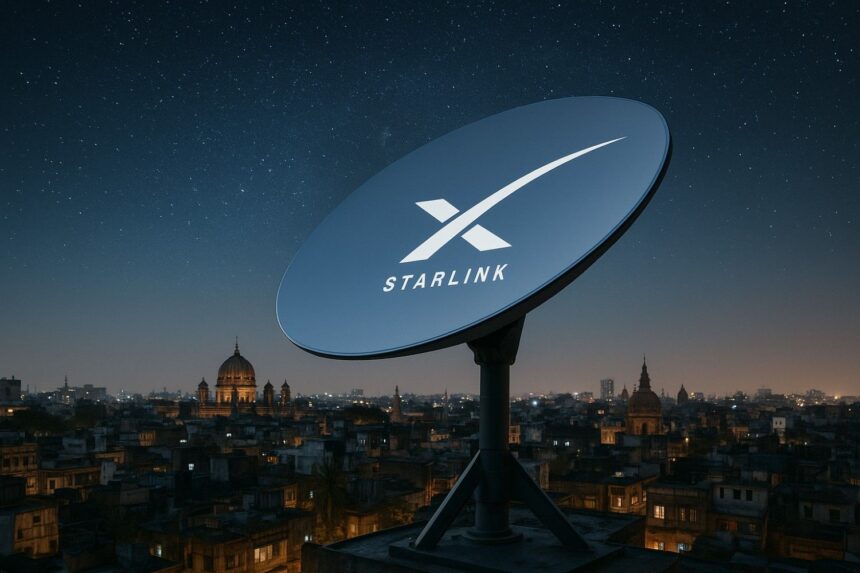Elon Musk-led Starlink has received provisional spectrum approval from India’s Department of Telecommunications (DoT) to launch trial satellite broadband services across the country. This milestone paves the way for Starlink to establish ground infrastructure, test its services, and demonstrate compliance with India’s strict security and data localization requirements ahead of a full-scale commercial launch expected by the end of 2025.
Starlink plans to initially operate from ten locations across India, with Mumbai serving as its central hub. The company must build landing station hardware to connect its satellite signals with terrestrial internet networks, with full services pending final spectrum allocation and regulatory approval. The Digital Communications Commission (DCC) will soon finalize pricing and terms before the Telecom Regulatory Authority of India (TRAI) and DoT complete the process.

India’s regulatory framework mandates stringent safeguards like routing all satellite communication traffic through local earth station gateways, prohibiting cross-border copying or decryption of data to ensure national security and data sovereignty. Starlink has agreed to these cybersecurity and operational stipulations.
Prices for Starlink’s satellite internet in India are expected to be more affordable than current rates in neighboring countries such as Bhutan and Bangladesh, where fees can reach ₹3,000 monthly plus installation costs. The company aims to provide high-speed broadband connectivity especially to underserved and remote regions where traditional fiber or mobile services face challenges.
Indian officials highlight that the expansion of satellite internet could boost the digital economy, generate jobs in infrastructure development, and enhance connectivity as the nation embraces futuristic technologies like 6G and quantum communications. Starlink’s entry also intensifies competition in India’s broadband market dominated by telcos and fiber providers.
Starlink’s path into India has been closely watched amidst geopolitical concerns, regulatory negotiations, and rival satellite ventures such as OneWeb and Amazon’s Kuiper. With provisional approval in place, Starlink appears poised to become a significant player in India’s broadband future.







